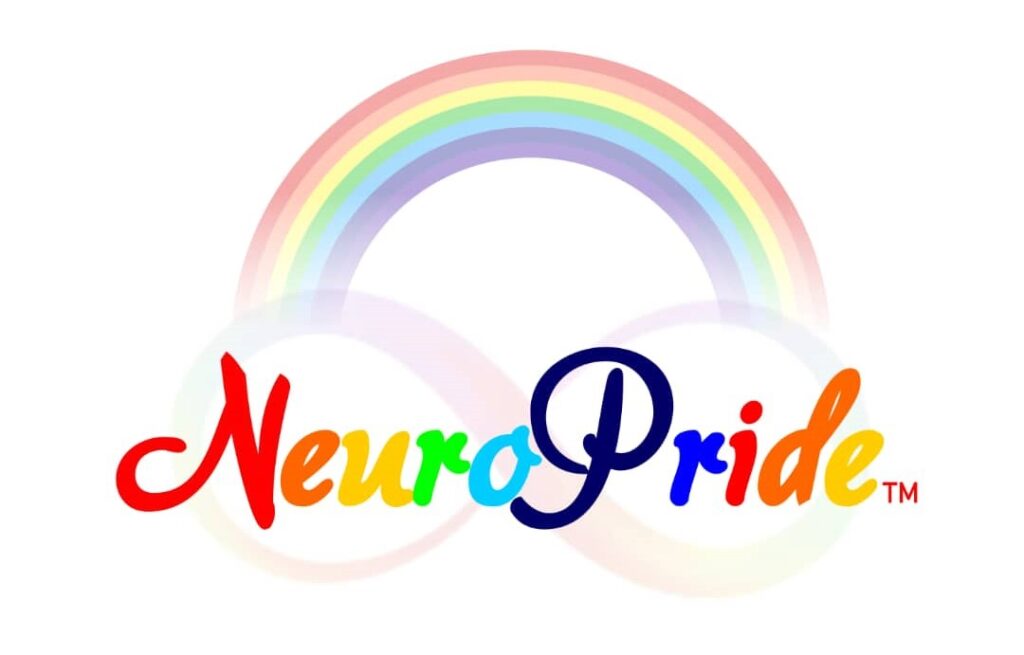Pride parades used to overwhelm me — the sound, the crowd, the sensory overload. I wanted so badly to be part of the celebration, but I’d leave early every time, feeling broken for not being able to handle the joy.
Last year, something changed. A local neurodivergent LGBTQ+ group hosted a “Quiet Pride” event — smaller, with soft music, fidget zones, and even a sensory rest tent. For the first time, I could celebrate without shutting down.
I wore my noise-canceling headphones, painted a little flag on my cheek, and danced in my own rhythm. I didn’t need to match anyone’s energy. Pride didn’t have to be loud to be real.
That day, I realized inclusion isn’t about asking people to adapt — it’s about making space for everyone’s kind of joy.
